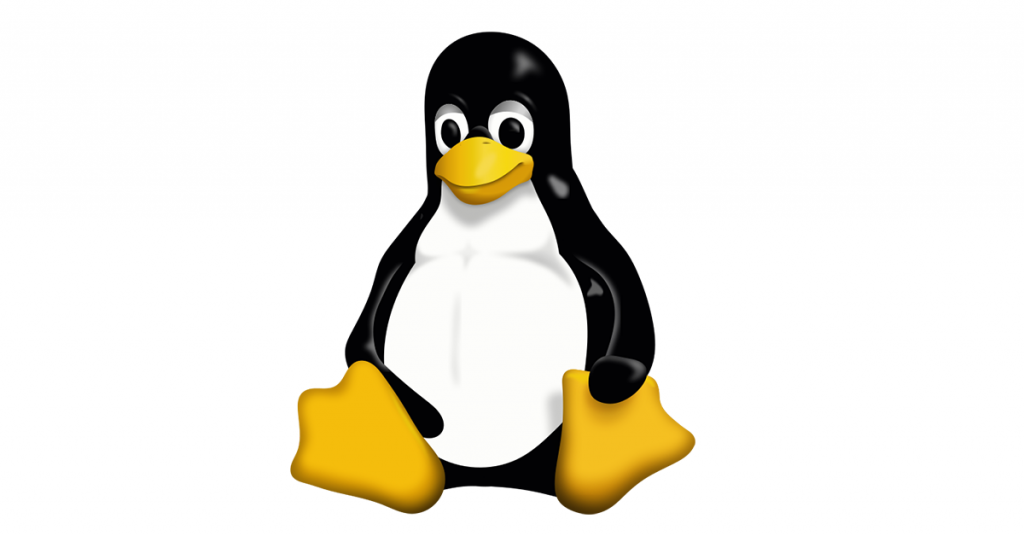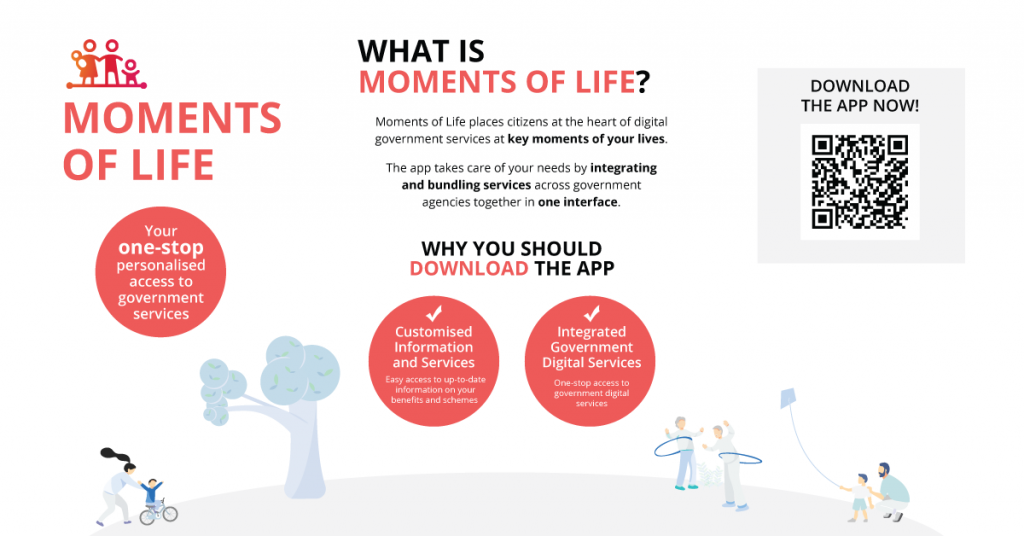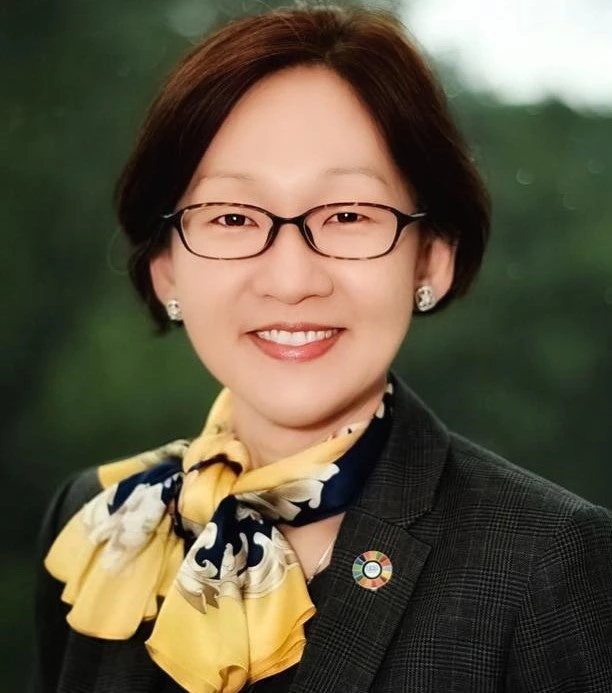Editor’s note: This blog summarizes key insights from on-going review on the relevance of open source frameworks for GovTech. The support that the Swiss State Secretariat for Economic Affairs (SECO) is providing for this exploratory work is greatly appreciated. All remaining errors and omissions are our own.
Digital government across the world is often bogged down by protracted and cost bloated systems and software projects that ultimately please few users. Legacy proprietary software contracts are costly to renew and upgrade and often have prohibitive conditions on what information can be disclosed to the public. The most valuable asset of all, digital data, sits untapped for public-interest decision making as it is fragmented across different proprietary system silos.
However, there is opportunity to improve government efficiency and transparency while speeding up innovation in the public sector. How you ask? The answer is with open source software and the way people and processes in governments use this as a way of progressively delivering for digital government transformations.
Pity the Open Source Penguin?

When open source software came into the mainstream, then Microsoft Chairman Steve Balmer referred to the open source operating system Linux as “a malignant cancer.” Tux, Linux’s cute Penguin mascot, along with anyone who dared to be associated with the open source movement, faced a slew of royalty demands and lawsuits.
Today, Microsoft has transformed to become one of the biggest proponents of open source and is putting billions of dollar on the table towards ways of working with rather than against the open source community. Linux accounts for more than two thirds of enterprise operating systems. Open source frameworks from Python to Tensor Flow are now integral to delivering on different big data and AI applications for government.
Why are open source practices emerging as such an important part of digital economy, and increasingly to improve government?
Given the nature of today’s digital platforms and applications – especially the rise of cloud software as a service – many deployments are now modular and interconnected, rather than monolithic. Application Programming Interfaces (APIs) serve to inter-connect functions and above all data as part of government platforms, referred to as stacks. How well a stack performs in terms of the ultimate objective – making government work better for citizens, business, and officials collectively – depends on its role in a spectrum of applications from experimentation to major enterprise functions intended to continually manage millions of records or transactions (with all the requisite demands of reliability, scalability and security).
GovTech nations, such as Singapore, are concerned with making traditional bureaucracy more responsive to citizens and businesses and rapid technical advances by better leveraging technology. Singapore’s Moments of Life application, which provides integrated services to citizens, reflects this ability to bring together a set of platforms and applications – or stack in tech speak – to make this approach happen. Open source brings two key ingredients to this agile and open-source strategy:

More open access to quality talent and motivation
The field of technology is evolving rapidly. The best developers do not want to be locked into archaic frameworks of yesterday and associated with companies lacking in dynamism. Or worse, to be locked in to a government agency that is stuck with the same software from the past decade. Good developers have professional pride and want to see this reflected in their code and collaborations. They are frustrated, especially in hot fields like data mining and AI, if they cannot bring together the best tools and teams for the job.
These developers want recognition for their work, and like in academia, open source platforms recognize contributors, but not at the expense of sharing. To this end, governments around the world have opened up profiles on the main open source platform GitHub to benefit from the contributions of developers, both to improve government products, as well as to target talent. Across 55 countries, over 800 federal and local government agencies have GitHub profiles to gain access to these talented contributions.
Engaging the digital economy
Open source enables governments to collaborate on a win-win basis with start-ups and global digital economy players, while enabling sustained innovation. This partnership is possible through interoperable “modules” of government stacks that may be updated by a variety of innovators. For example, under the OpenCerts program, Singapore’s GovTech developed an open source platform to verify educational certifications, simultaneously offering a public good, as well as a marketplace for digital economy players to provide commercial applications to meet customized needs of citizens. MyCareersFuture, another Singapore GovTech innovation to connect job candidates with employers, partners with a startup through an API to access its skill classification algorithm, enabled by the open source design of the platform.
Given its global hub and small size, Singapore’s government-driven innovation model may be an outlier. But its GovTech model reveals that open source may fuel innovation.
When to bank on open source people, platforms and partnerships
As digital government transformations across the world gain momentum, greater clarity about where the letter and spirit of concepts such as open data, open standards, and open source intersect are critical for development practitioners. Open data standards do not necessarily imply open data to the public, but can facilitate data exchanges within government and avoid vendor lock in. Open source platforms such as Estonia’s X-road can enable exchanging data across functional digital government and be applied internationally, including in World Bank client settings such as Madagascar.
A culture that encourages responsible data sharing, skills, and innovations to meet the needs of citizens, businesses and government are essential ingredients to achieving the frontier of digital government. Open source is an important part of this DNA.




Join the Conversation